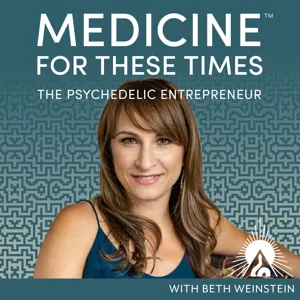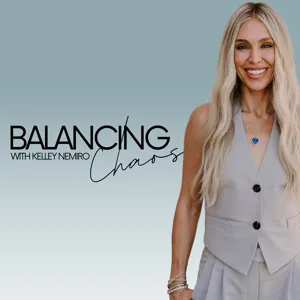Jen Elizabeth is a sober mom, writer, sexual abuse survivor, and harm reduction specialist. She works with the Sidewalk Project, an organization that works to empower unhoused communities around the world, and is also a host at the Sober Mom Squad, a community and space to discuss all things motherhood, without the mommy juice.
I invited Jen on to talk about the meaning of harm reduction and why she is so passionate about this approach to treating substance abuse. She is very outspoken about why she believes the war on drugs is not working for anybody, and why we need to shift the focus to addressing the unresolved trauma that she believes is the root of all problematic drug use – and all houselessness. She also shares her own experience of living on the street – and how learning to advocate for herself is what led to her work in advocating for others who don’t have the capacity to stand up for themselves.
This interview is raw and moving and real and I hope you find it as eye-opening as I did. In the episode we discuss:
-The definition of “harm reduction” when it comes to treating drug and alcohol misuse.
-Why alcohol is an example of “safe supply” (and the meaning of this term).
-Why being sober does not make us superior.
-The argument for decriminalization of all substances – and why drugs are winning the war on drugs.
-Why she stopped posting “before and after” pics and how she honors the person she was before she got sober.
-Why some lives are viewed as more valuable than others in our society.
-Why living in close proximity to houseless communities makes us so uncomfortable.
-Her personal experience of living on the streets.
-Why she believes that everybody experiencing substance abuse is a trauma survivor.
-Why the way we speak about people who are struggling is part of the solution.
-How sobriety helps her engage more deeply with her healing work – and the practices that work for her.
-Why she believes everybody should be trauma informed.
-Why there’s no such thing as being a perfect mom – and how to accept ourselves and our kids exactly as we are.
Discover more about Jen's work with The Sidewalk Project and Sober Mom Squad and follow her on Instagram @resurrektion_of _ me
Big thanks to Athletic Brewing for partnering on this episode. Place an order today at athleticbrewing.com and get free shipping on two six packs or more. New customers can also get 20% off their entire order with code RUBY20. Limited to one use per customer

















